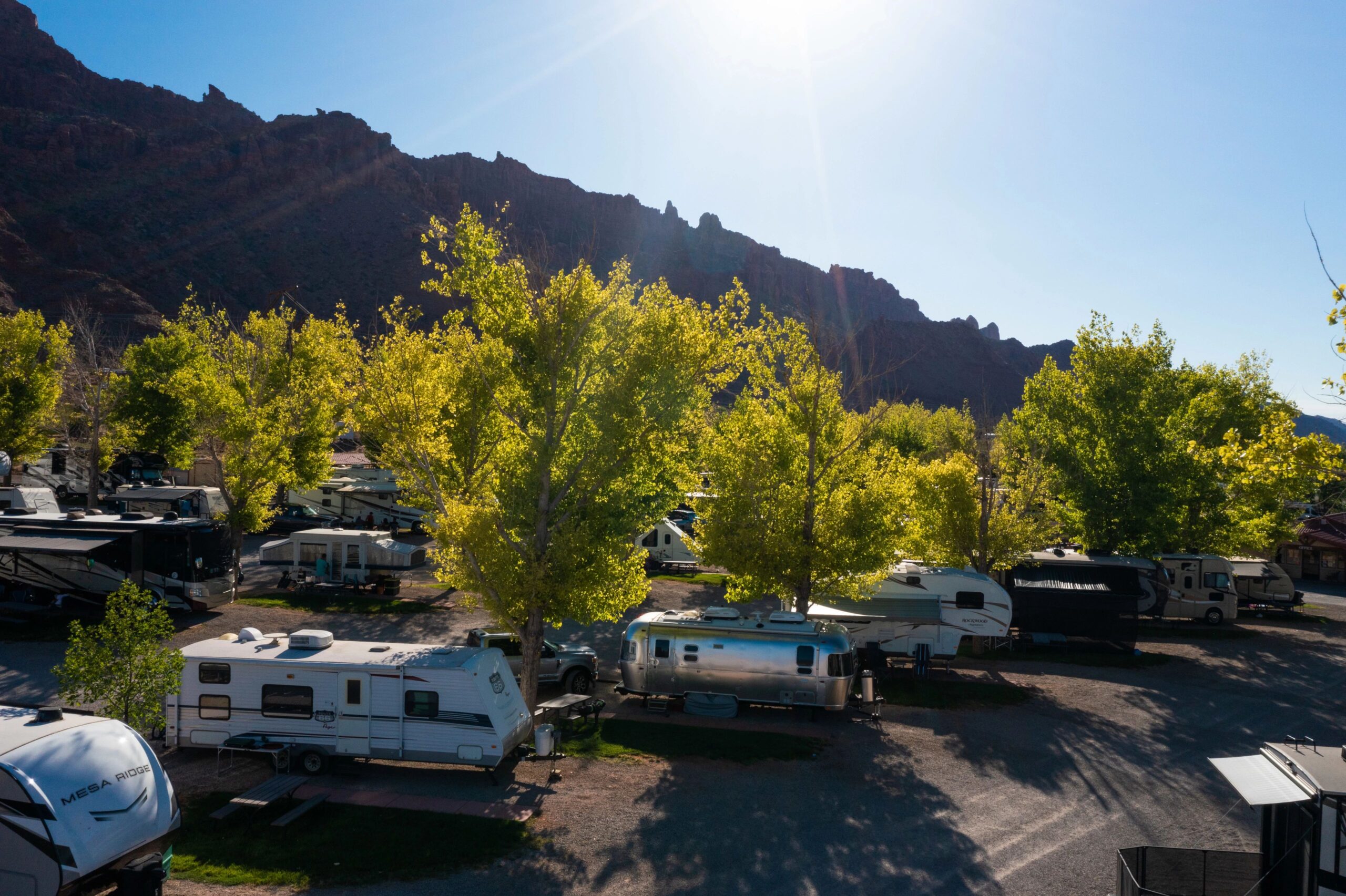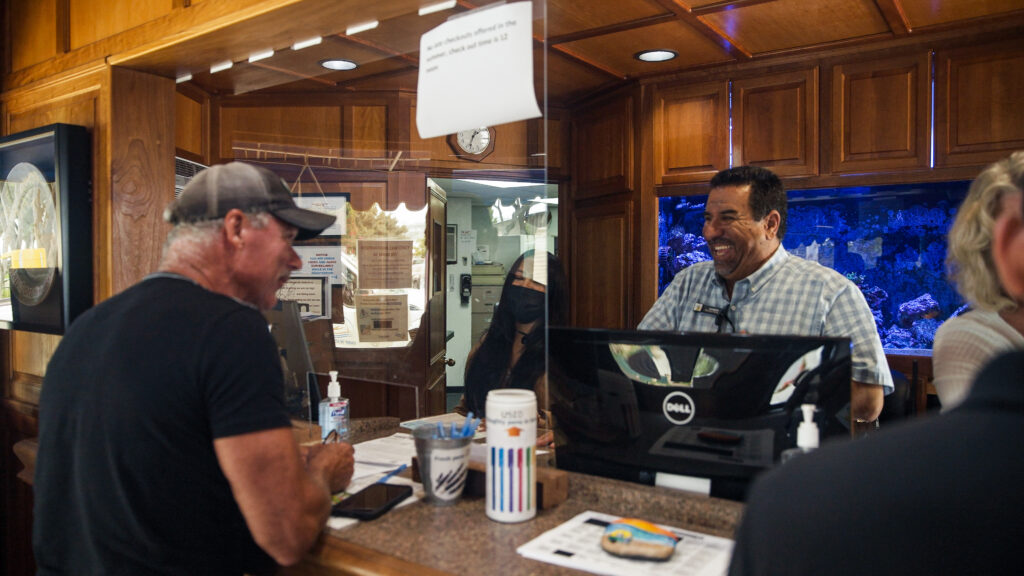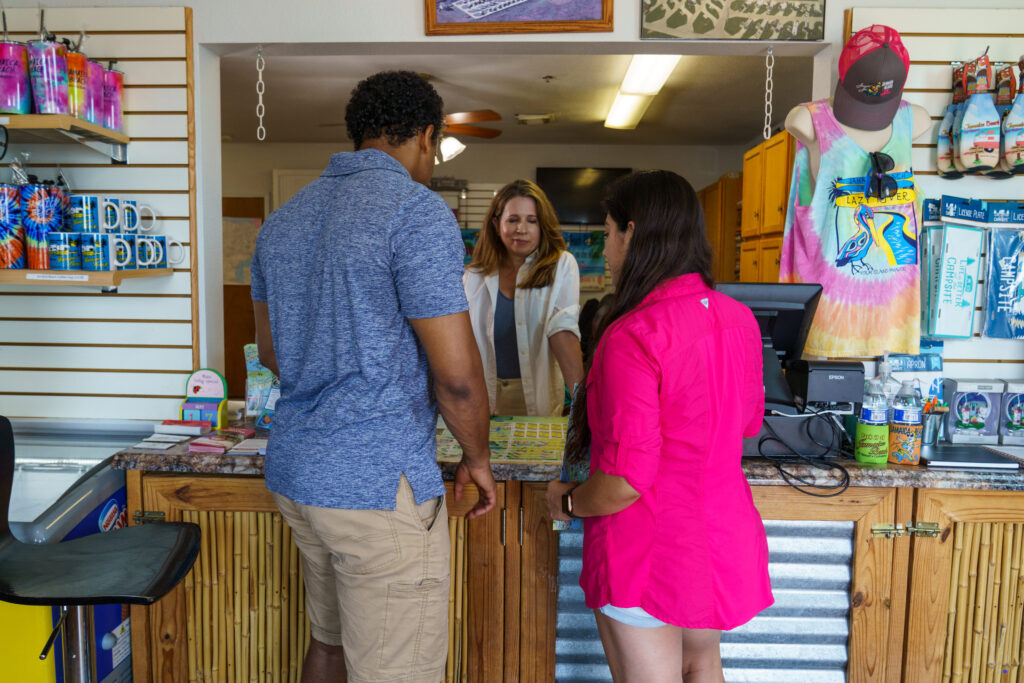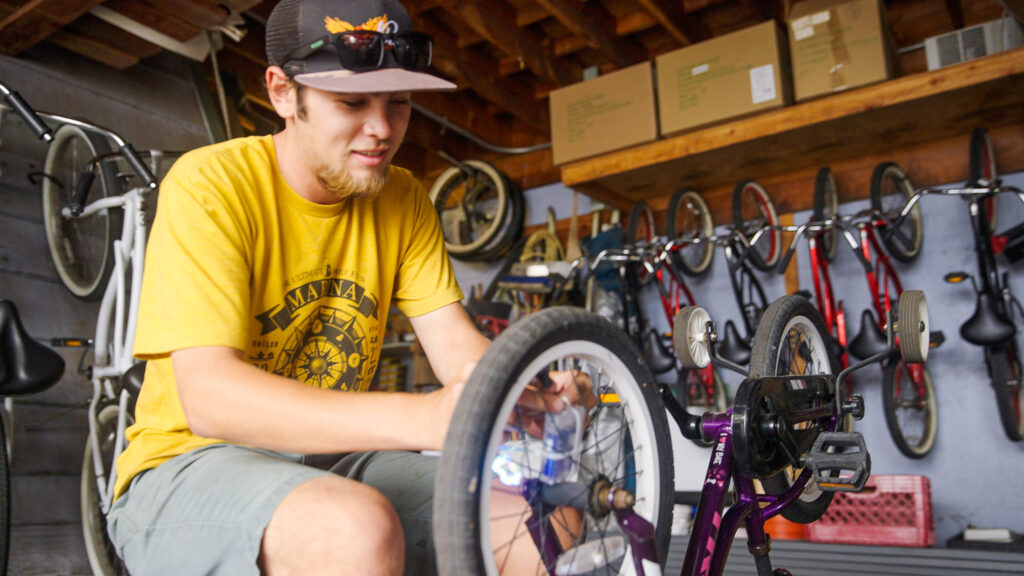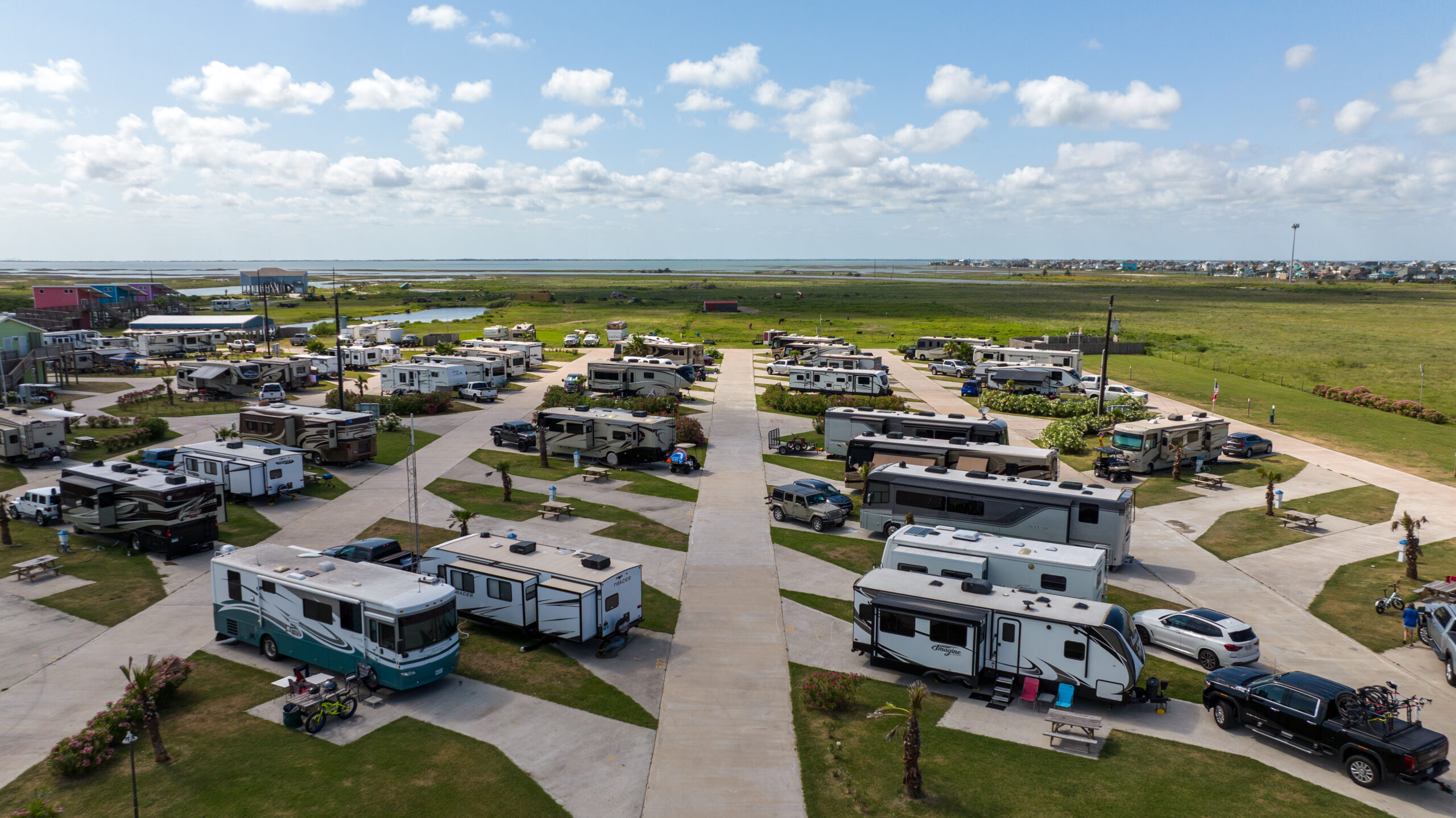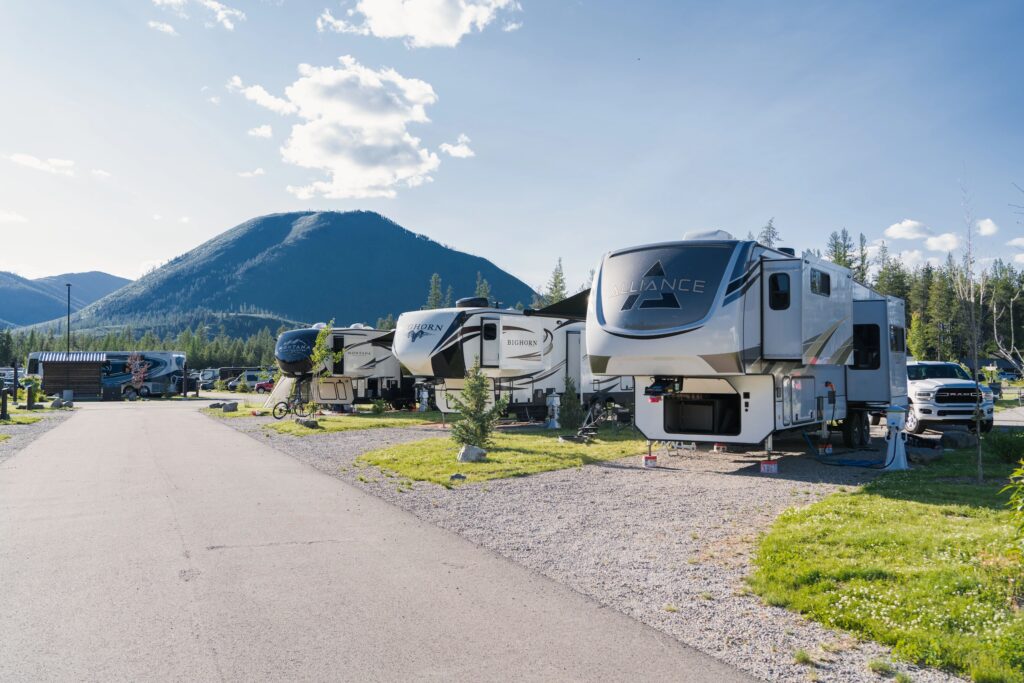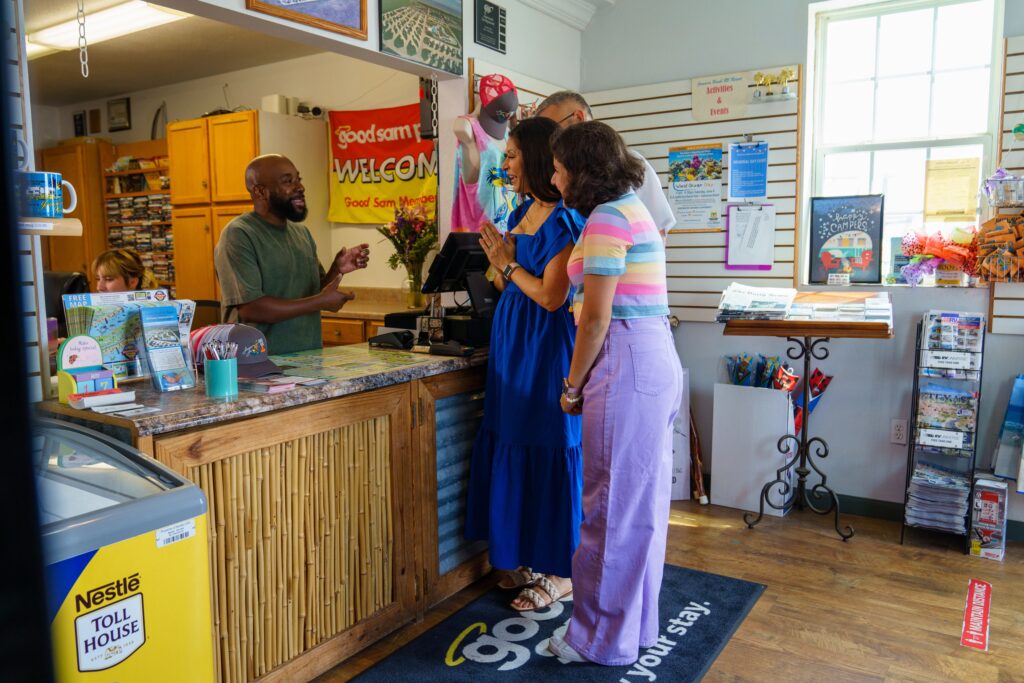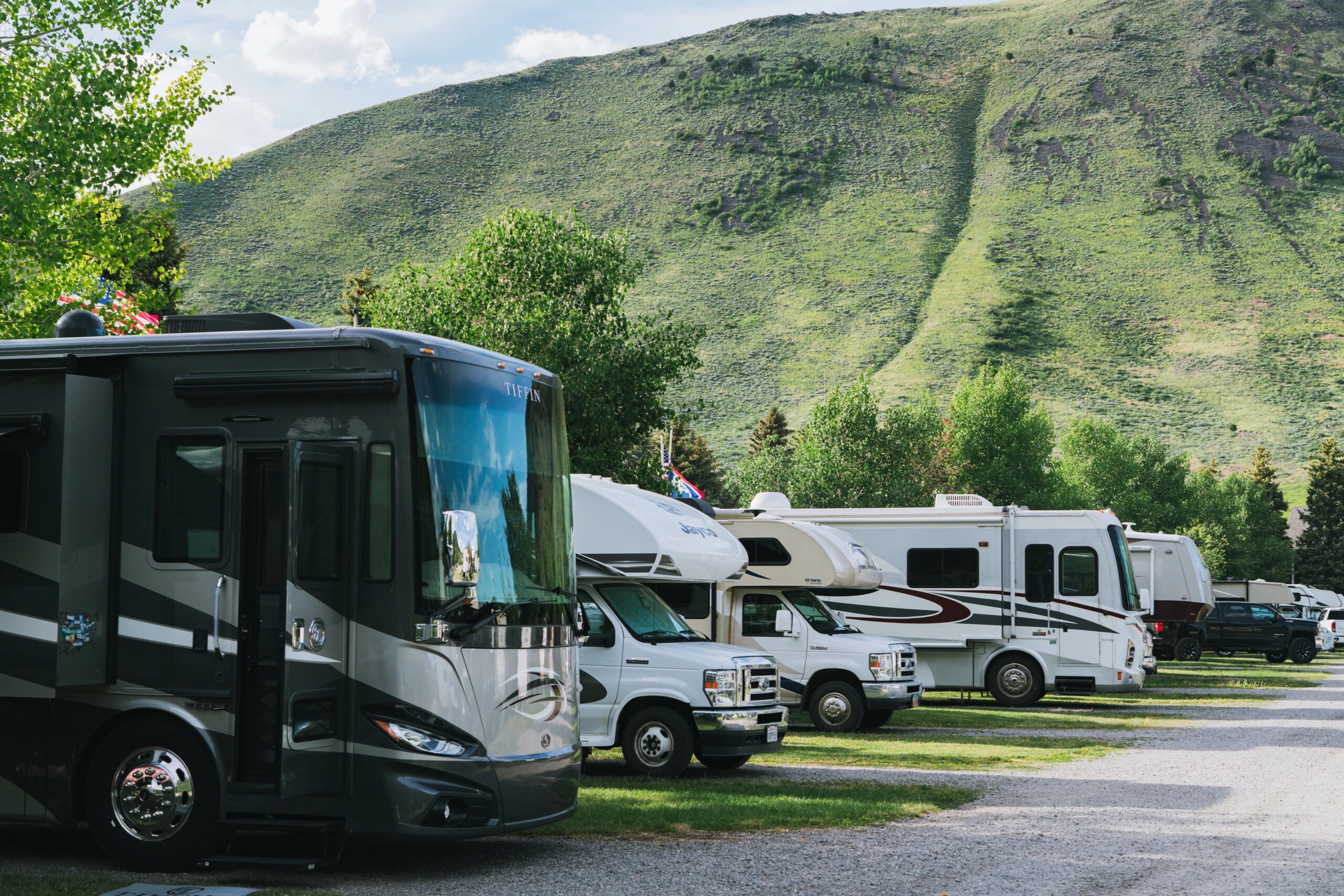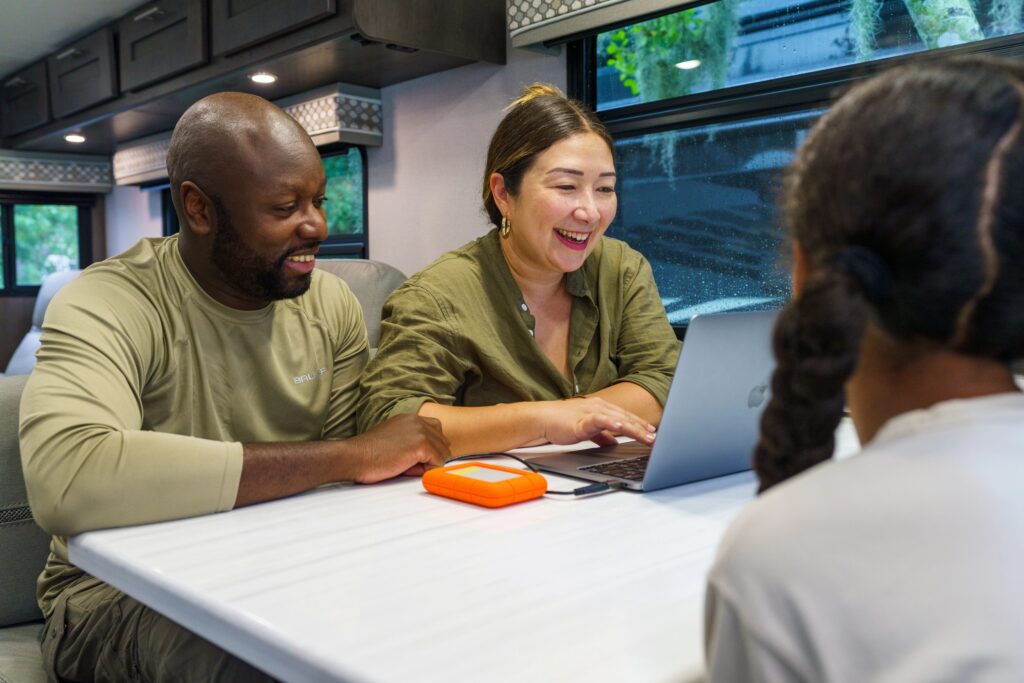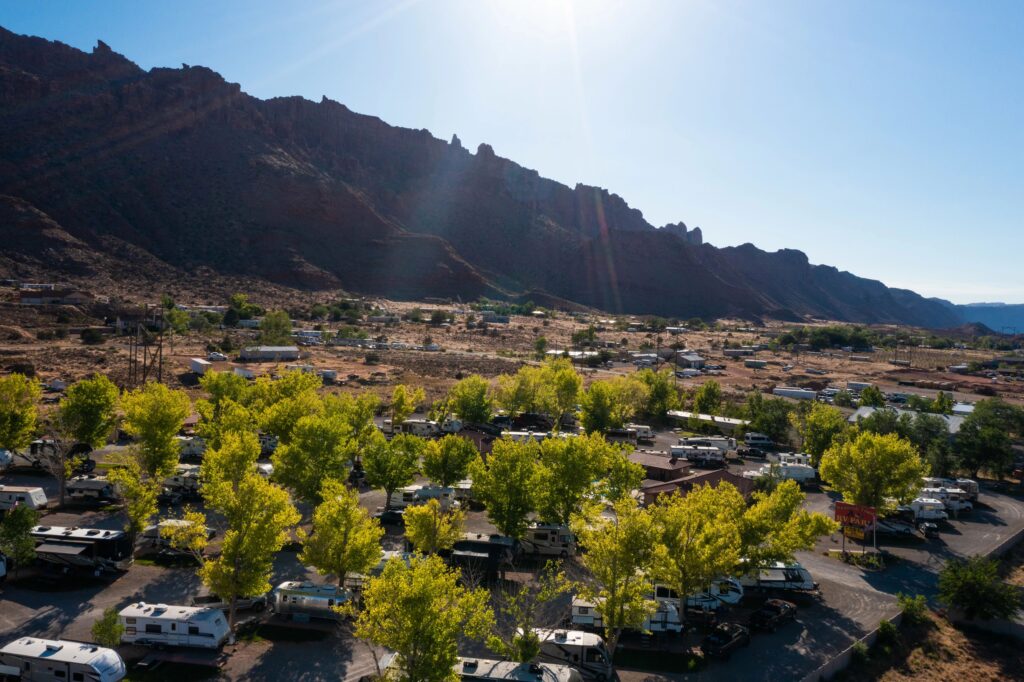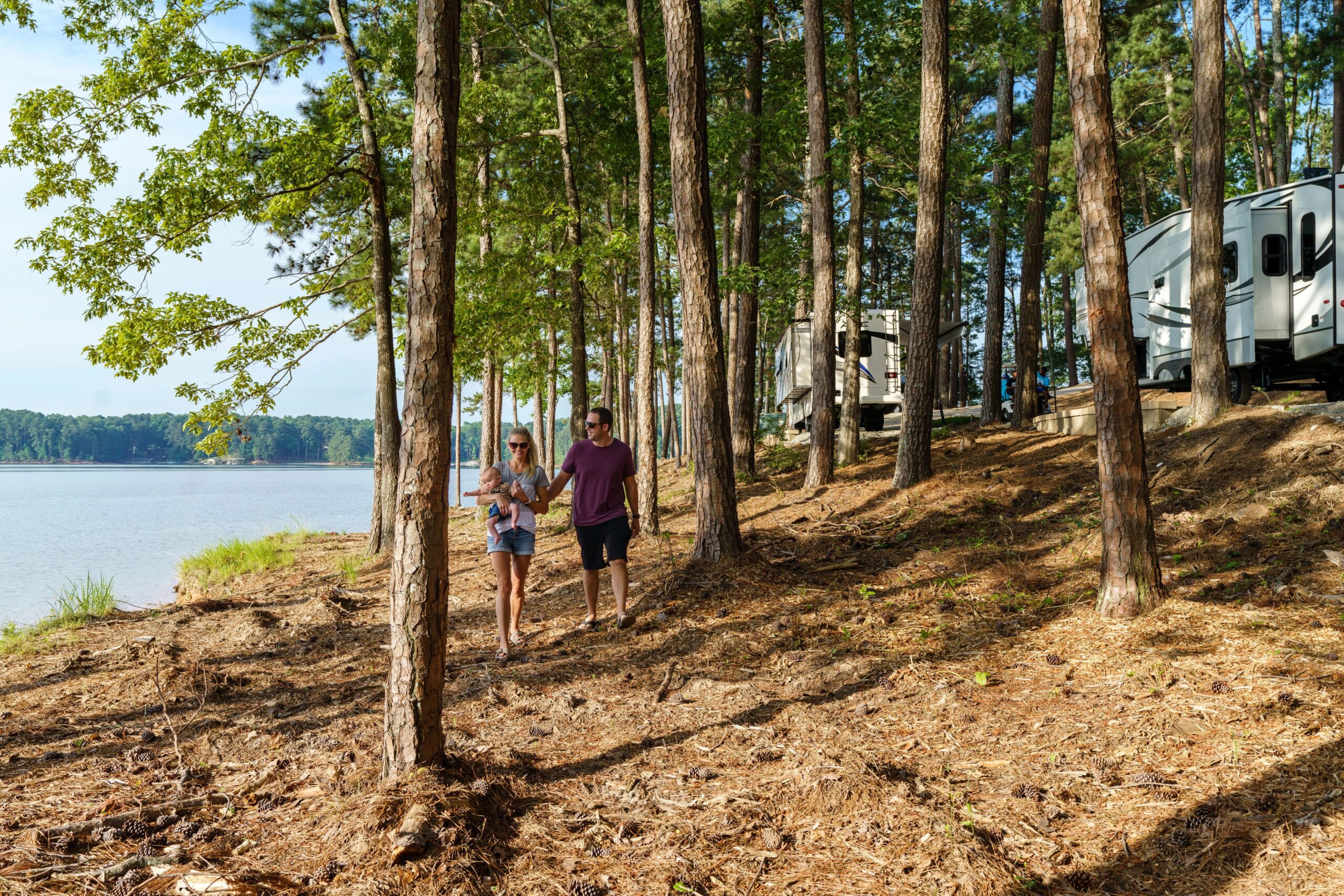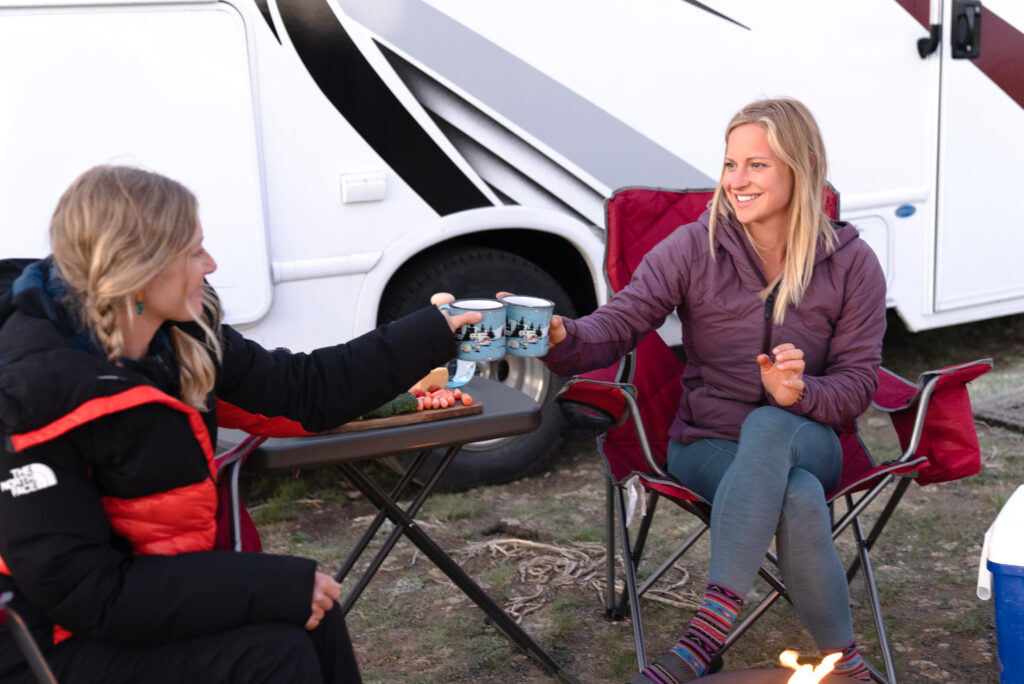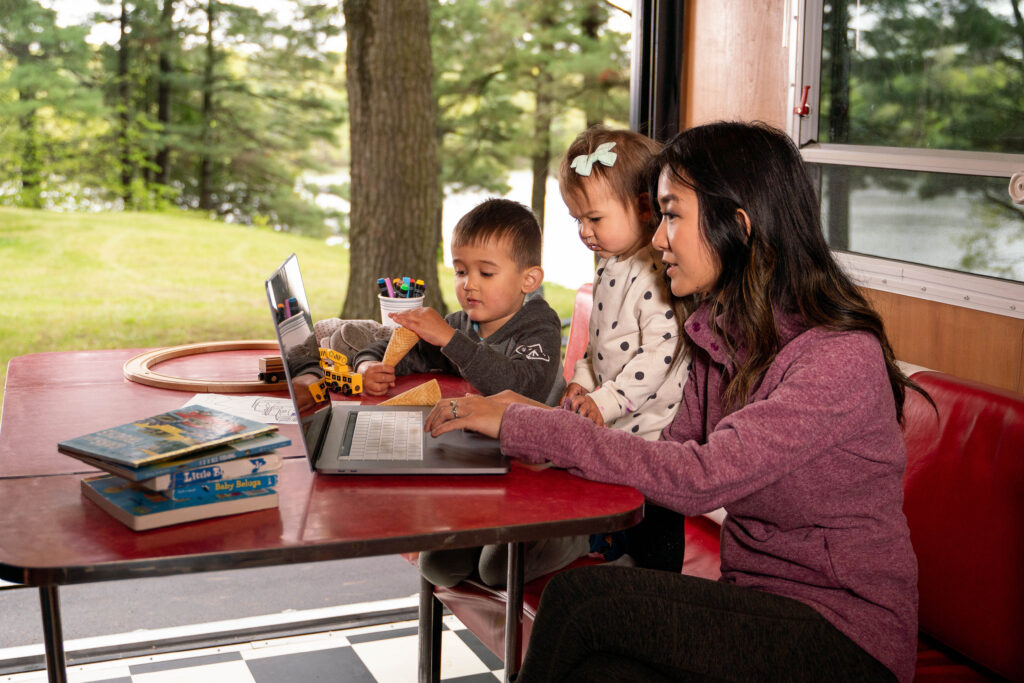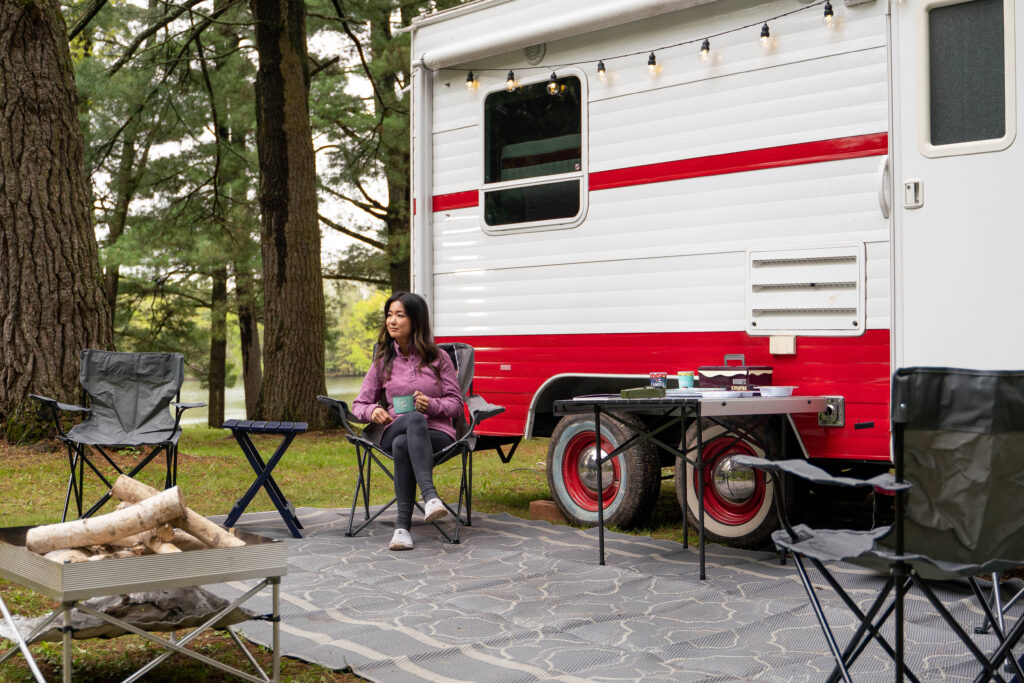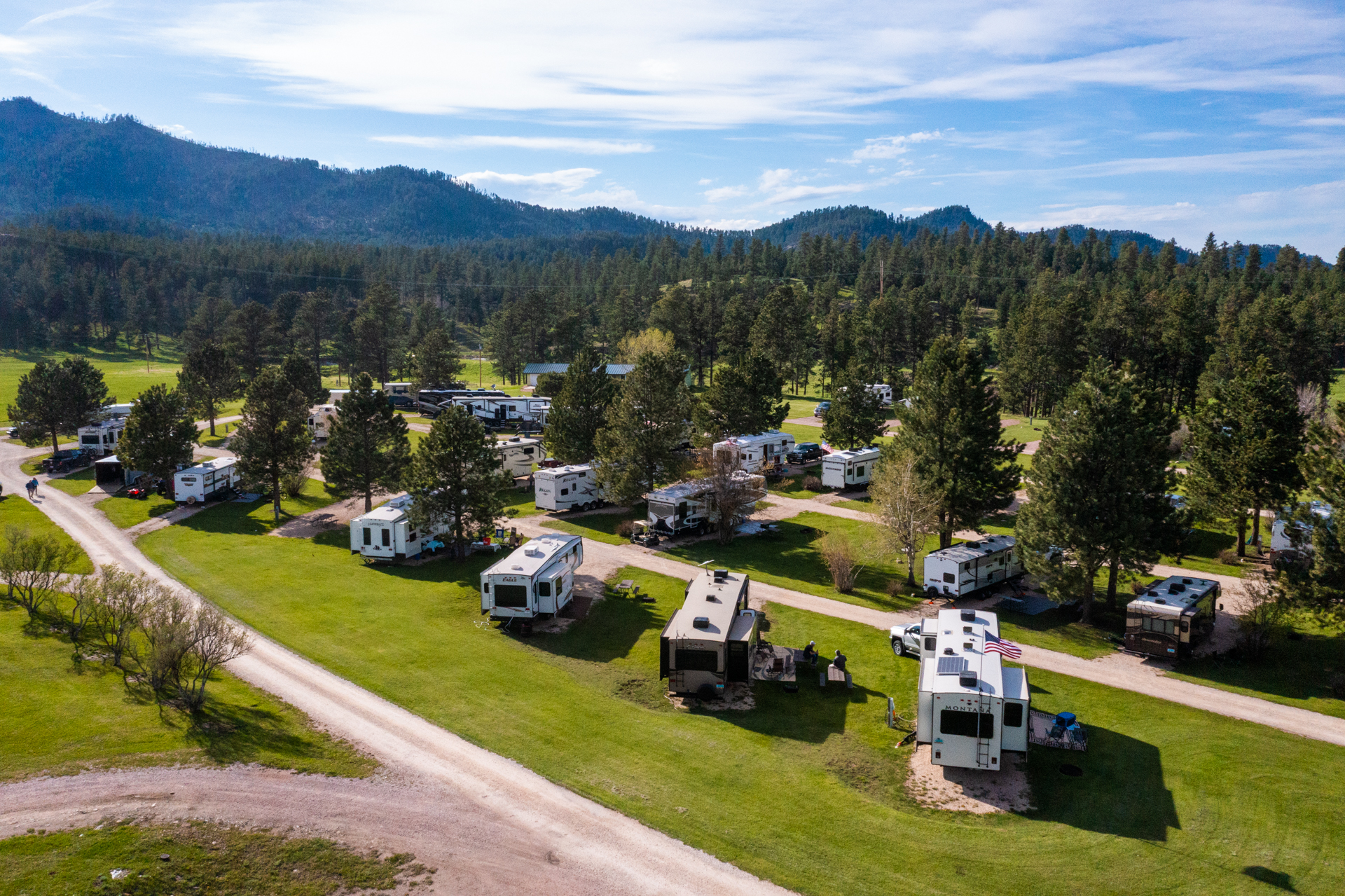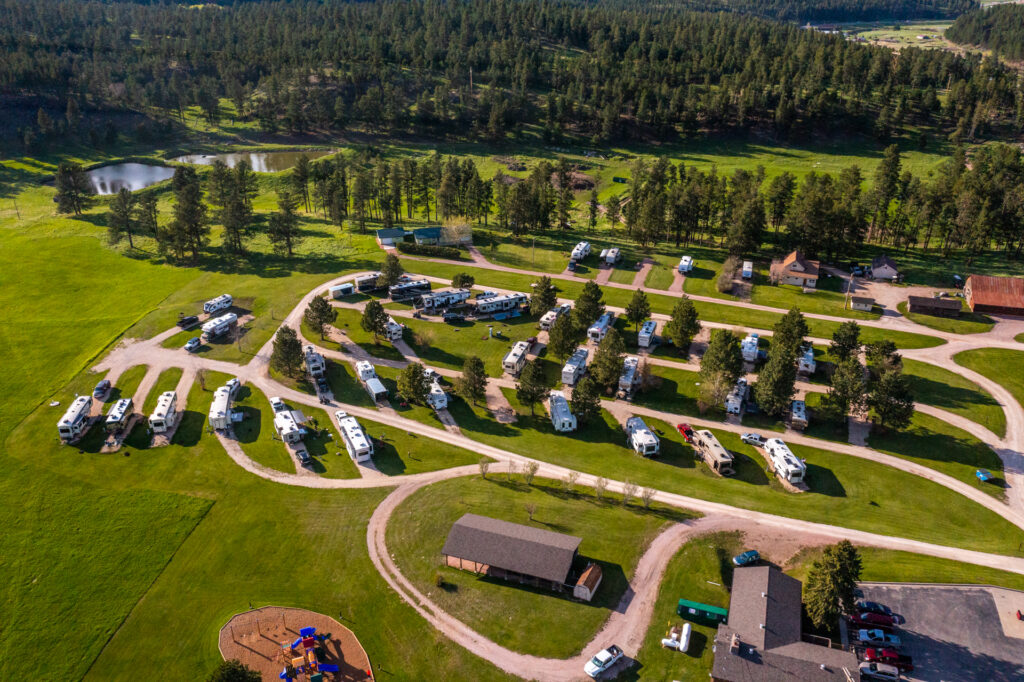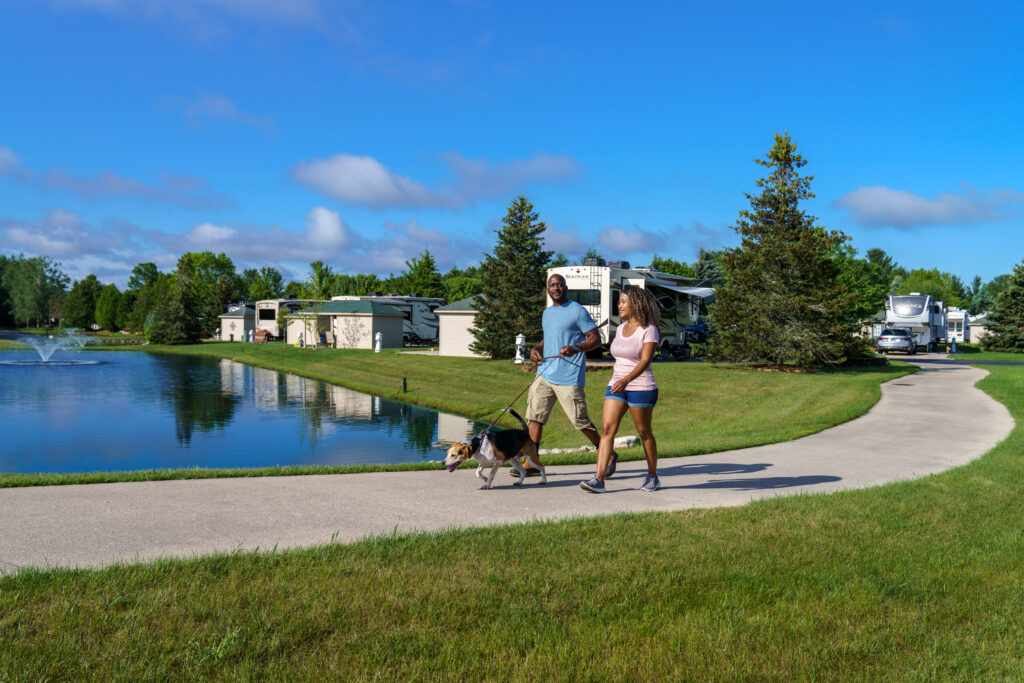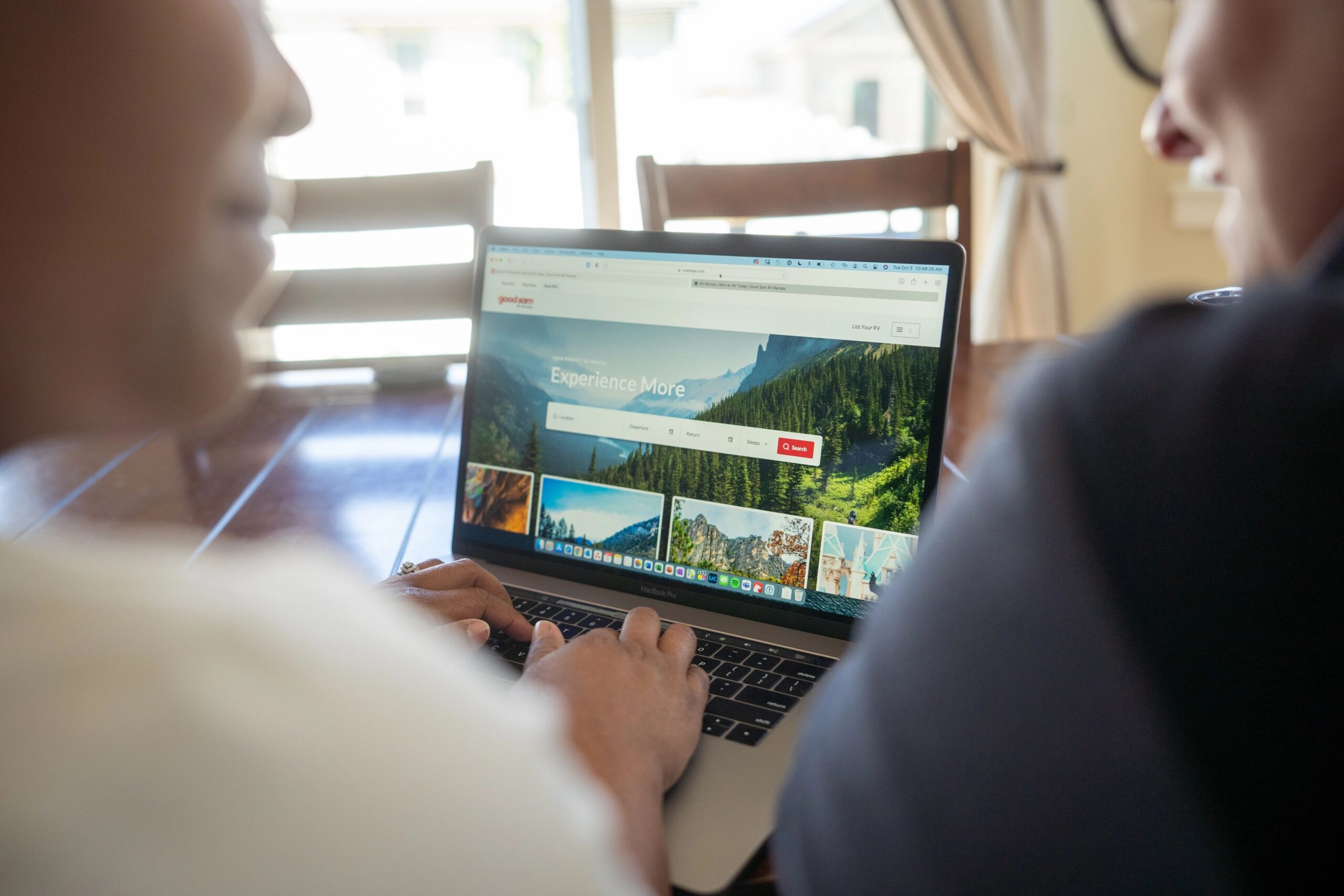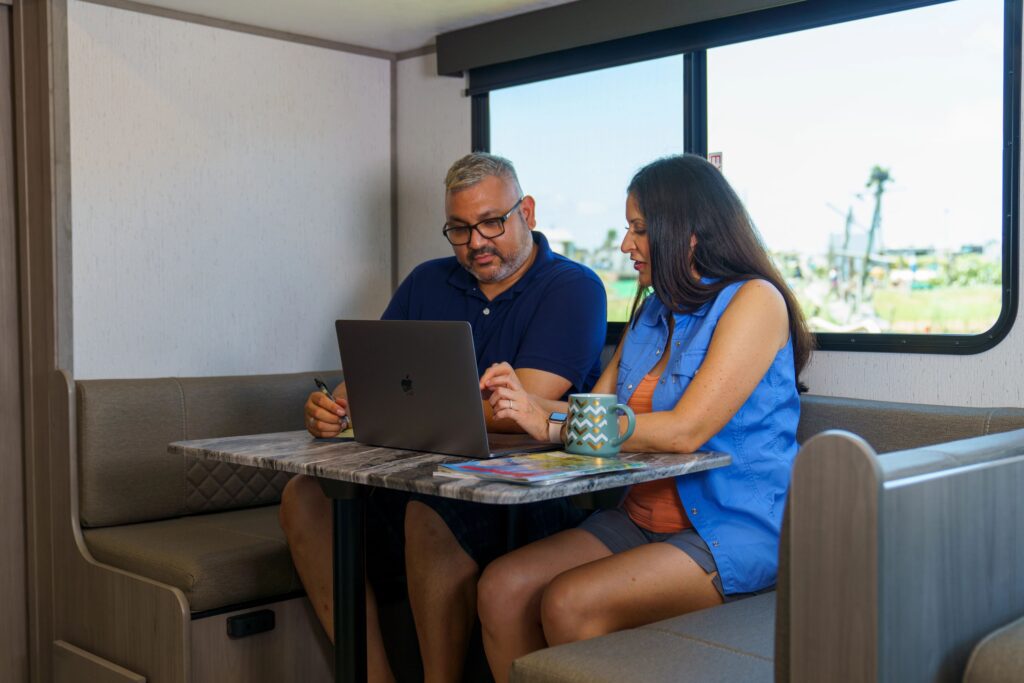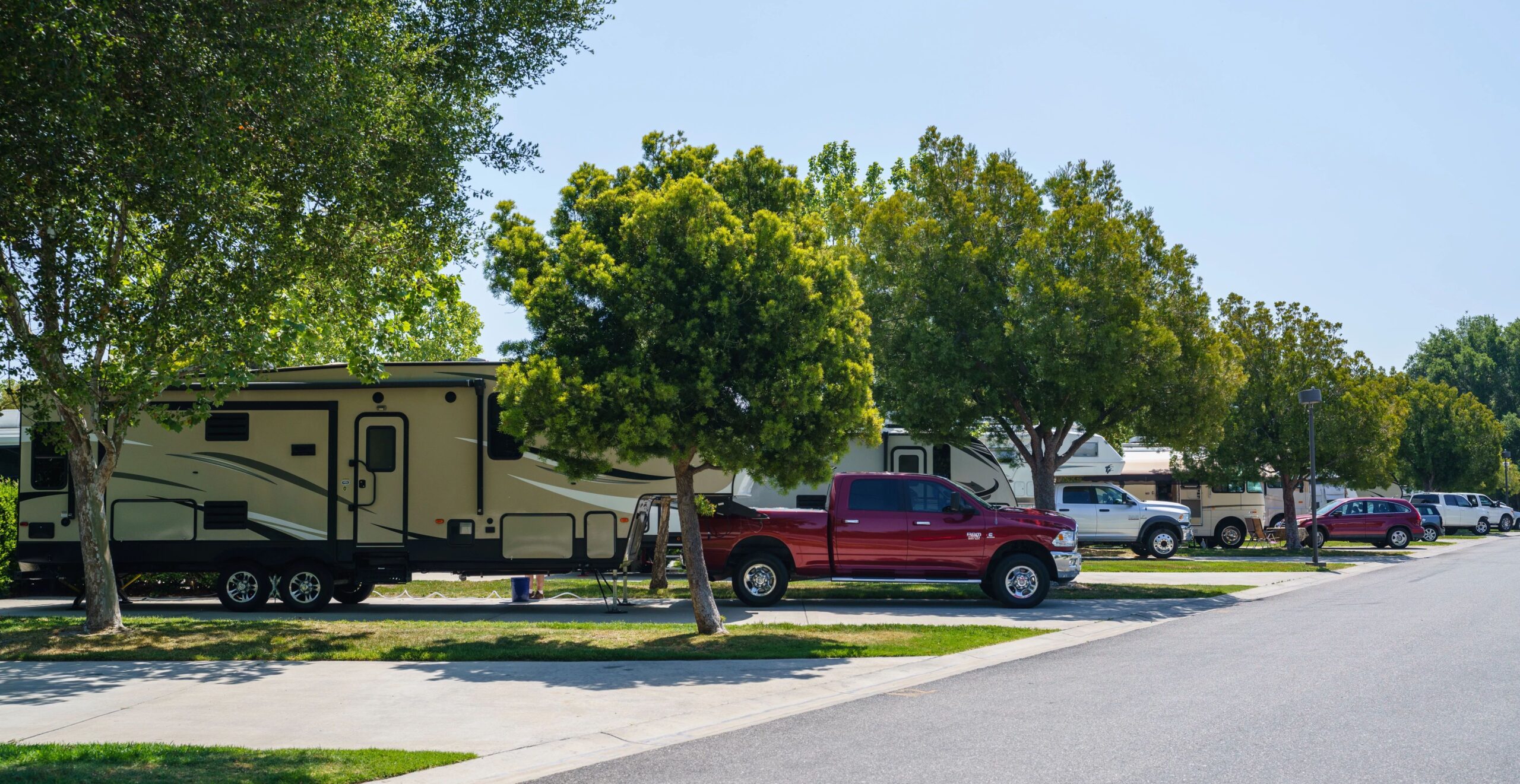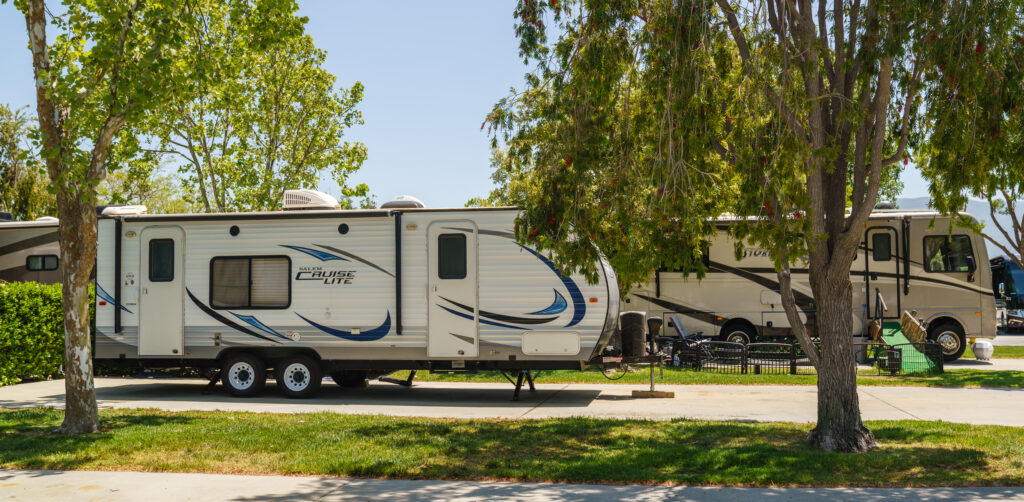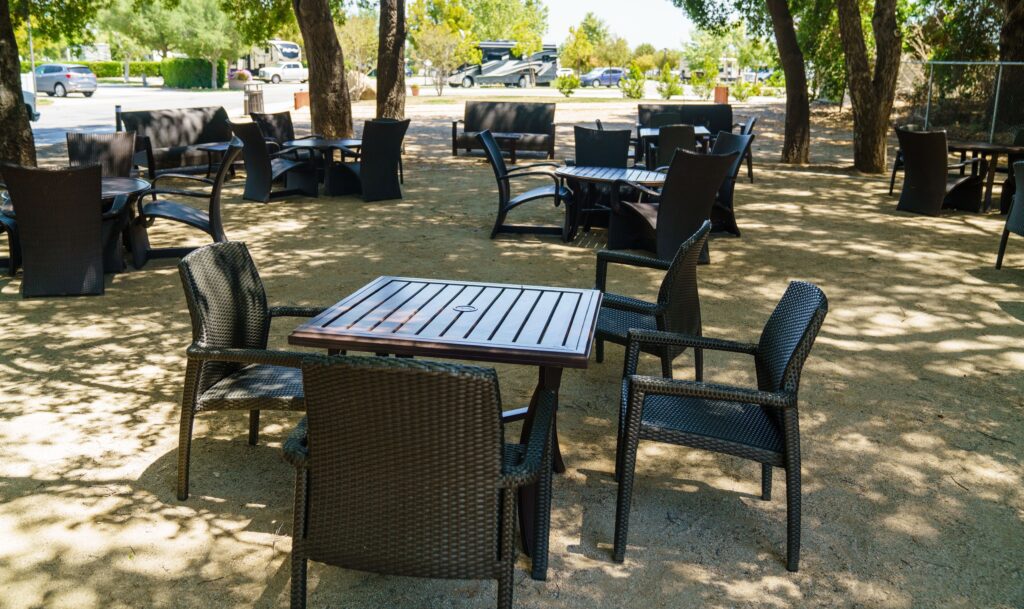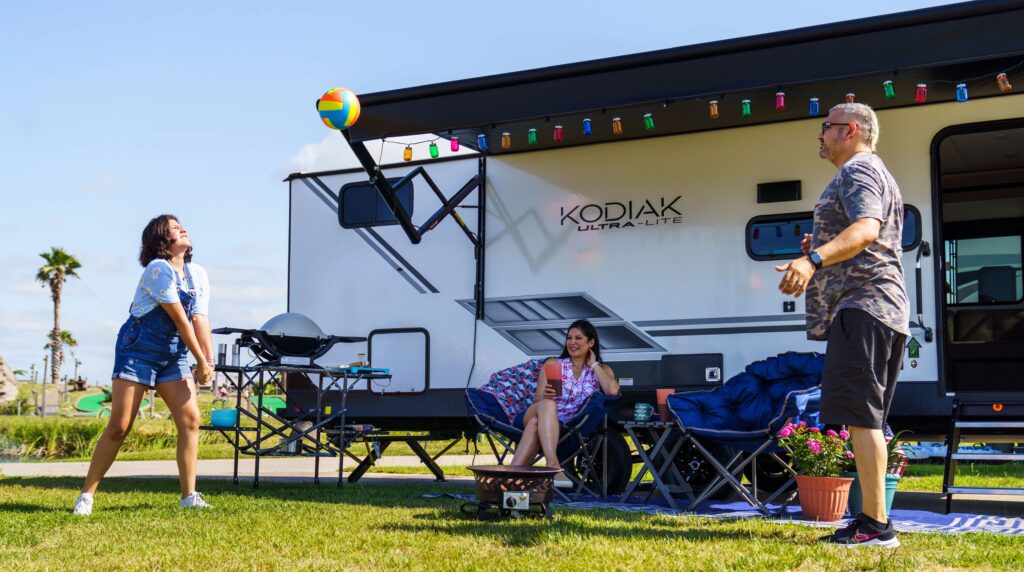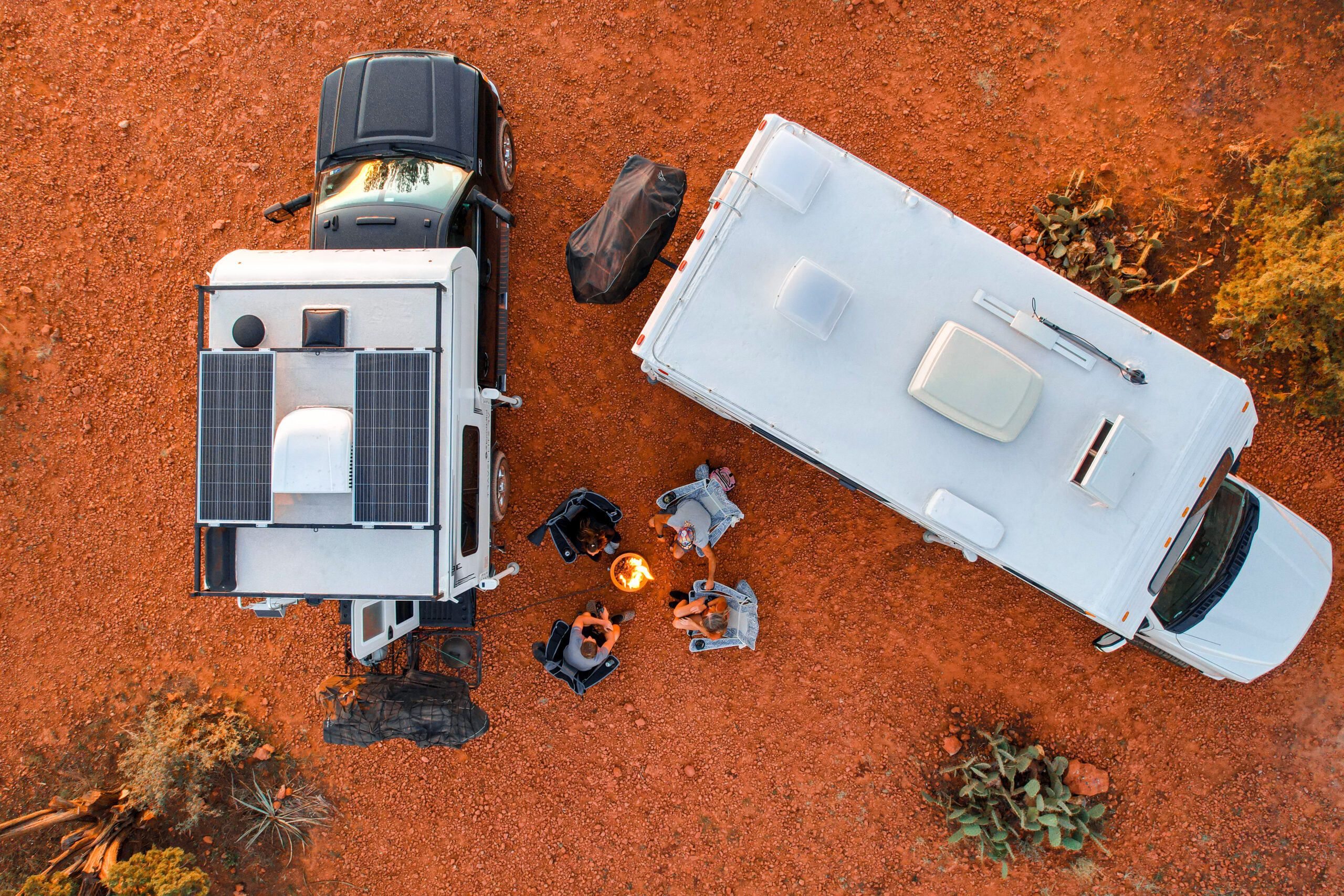
Up and Coming Technology for Your Park
RVers appreciate it when campgrounds offer the latest technology. Amenities like speedy and reliable Wi-Fi, a self-guided/contactless check-in process, and mobile-friendly reservation systems are some tech offerings that help make campers happy.
This article unpacks up-and-coming technology to consider for your RV park. We’ll explore tech that’ll make your guests, you, and the environment happier.
Up And Coming Technology For Happy Guests
Focusing on guest happiness is key to getting repeat business. Here’s some of the latest tech that keeps smiles on guests’ faces:
Internet tech
We can’t overstate the importance of fast and reliable Wi-Fi at your park. Digital nomads and remote workers make up a large percentage of RVers, so a large percentage of your guests’ satisfaction hinges on connectivity.
Even if your park is in a remote area, new, affordable, and fast internet options are coming online. Starlink is a new satellite internet company bringing high-speed internet into places it has never been.
Once you have solid internet, it’s important to spread it evenly across your park. Wi-Fi mesh networks like Eero, Netgear Orbi Outdoor, and EnGenius provide the tools you need to simply and quickly spread high-speed Wi-Fi across your campground.
Strong cell signal
Cell signal boosters like the WeBoost are a tech-savvy amenity to offer your guests. Because you already have Wi-Fi throughout your park, you won’t necessarily need to boost cell coverage over the whole campground. Still, offering a strong cell signal in places like your clubhouse is a safe bet on guest happiness.
Contactless check-in
We live in the Airbnb age where guests are accustomed to having all the check-in info they need in the palm of their hand. The good news is this work has been done for you—simply choose a reliable campground booking software with contactless features.
Mobile-friendliness
More than 60% of guests will book a campsite from their mobile device. By choosing a reservation system that’s mobile friendly, you’ll be set with the tech you need to capture these mobile users.
Interactive maps
The right RV park reservation software for you should include a feature for guests to access an interactive map on their phone to pick their site and see the location of amenities.
Virtual tours
RVers love to see a park before deciding to book. Fortunately, this doesn’t demand cutting-edge tech. You and your team can get creative with a high-quality smartphone and shoot a fun walking tour of your park.
Smokeless fire pits
While there’s nothing like a good old-fashioned campfire, smoke can sometimes be too much for guests. Smokeless fire pits like these can help bring your park into a smoke-free future.
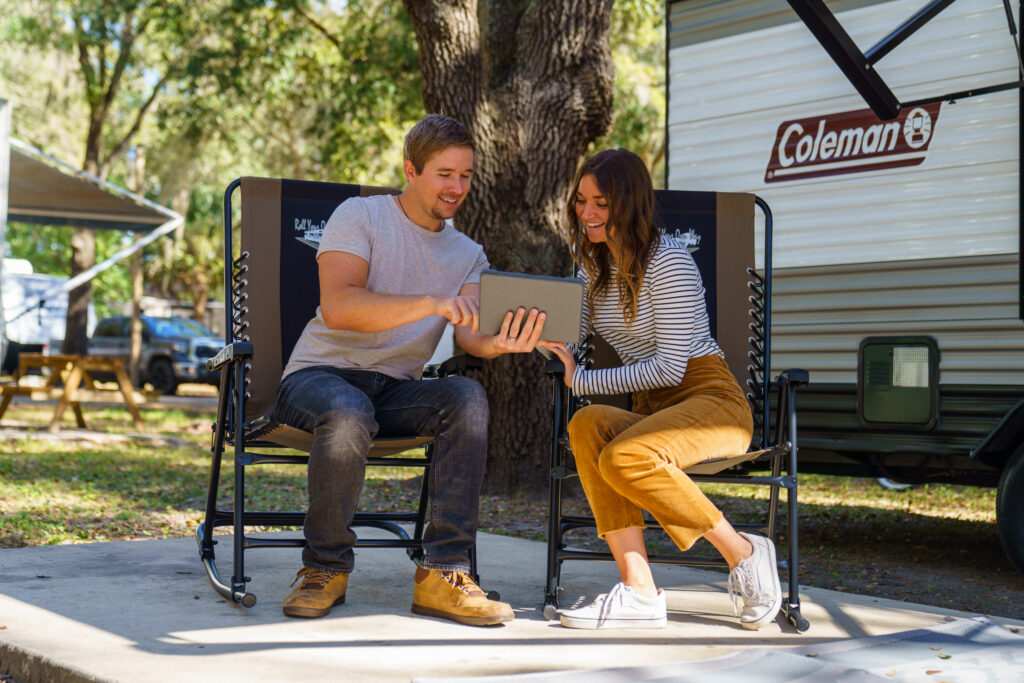
Up And Coming Technology For Park Owners
As a campground owner, technology that frees up your time, reduces expenses, and brings in more revenue is always in style. Let’s discuss a few examples of the latest tools that’ll help you do this at your park.
More campgrounds are making use of an online reservation system. Imagine the time and money you would free up if—instead of taking bookings over the phone and manually placing them on your calendar—guests were able to self-serve online.
Online reservation systems also provide reporting that generates powerful insights for your campground. For example, you could find data on occupancy rate per site, revenue per site, retail revenue, and much more with the push of a button. Knowing these numbers lets you know the levers to pull to grow your business.
Glamping (i.e., Glamorous Camping) options are an amenity that’s surging in popularity as 67% of travelers think these sites create a unique experience. As a result, the tech around glamping is also on the rise. Luxury canvas tents, yurts, and geodesic domes are all seeing an architectural resurgence. Features like new building materials and more efficient construction methods make bringing these glamping units to your park easier and more affordable than ever.
Glamping options also open the door for you to list on booking sites like Airbnb, VRBO, and HipCamp—sites frequented by today’s tech-hungry traveler.
Finally, digital upsells are a popular new trend where you market things like firewood, equipment rentals, and other services at your park to guests before they arrive. Most campground reservation systems will have this feature, allowing you to offer upsells electronically to guests before they check out.
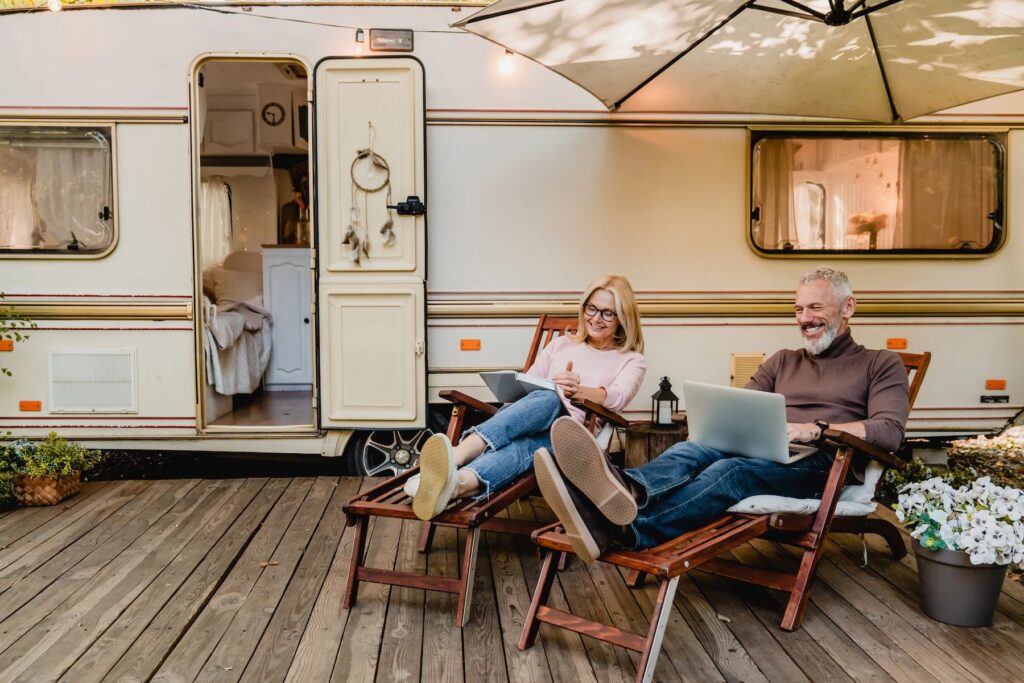
Up And Coming Environmental Technology For RV Parks
Environmental conscientiousness matters to many of today’s campers. Here are examples of tech with a green focus.
Solar
Solar technology has improved significantly over the past decade. Prices of panels and batteries have dropped while efficiency has increased dramatically. If your park receives ample sunlight, solar power can be a terrific way to move into the future.
Water saving tech
Water is becoming an ever-more precious commodity. New technologies such as Blueland Handsoaps and Ecopod shampoos/body wash/conditioners use water more efficiently for frequent handwashing and showering in campground bathrooms.
Showers that recycle water are in their early stages and can save up to 90% of the water and 80% of the energy used in a typical shower.
LED lighting
LED lights have advanced to the point where there’s likely a plug-and-play solution to easily and affordably upgrade all the lights on your property to LED.
Recycled toilet paper
Brands like Who Gives A Crap offer recycled toilet paper and have a wonderful social mission.
Compostable doggie doo and trash bags
Plastic trash/dog doo bags are some of the worst offenders in landfills because they don’t break down. Compostable trash bags solve this problem.
Compost pickup services
Depending on where your park is located, you could be near a service that’ll pick up compostable food waste left by your guests. This diverts organic waste from landfills to more productive uses.
Tech-savvy campgrounds attract tech-savvy guests. Most RVers today are accustomed to arranging much of their lives from the palm of their hands. That’s why it’s increasingly important for your park to meet them with the tech they’re demanding. The same tech you’ll use to draw in these travelers will dramatically improve your life by freeing up more time and saving more money.
